Seaside Courier: Former Poinsettia Ranch now a center for Jewish ideals

Posted: Wednesday, February 5, 2014 12:15 pm
By Tawny Maya McCray for the Seaside Courier
A nonprofit has been transforming what is left of the once-expansive Ecke Ranch into a laboratory for putting Jewish ideals into practice.
The last 67 acres of the once- famous former poinsettia fields in Encinitas were sold to the Leichtag Foundation in 2012 and the new owners have a long list of inspired ideas for the space – namely supporting self-sufficiency, connecting local food systems with local farming, and igniting a vibrant Jewish community.
“The ranch is already serving as a space to build and nurture talent, increase access to fresh food and connect with meaningful, relevant Jewish traditions
that are also universally rooted in caring for the Earth and each other,” said Jim Farley, the Leichtag Foundation’s president and chief executive officer.
A network of other nonprofits operating on the ranch also are working to support sustainable communities inspired by Jewish traditions and values.
Farley said that in the next year the foundation will develop the first phase of an educational farm that will serve as a resource for the underserved.
Just east of Interstate 5, Paul Ecke founded the 945-acre Ecke Ranch after he moved to Encinitas some 90 years ago. The staple was the poinsettia and Ecke’s son, Paul Ecke, Jr., helped grow the business into an international powerhouse. Paul Ecke III, who ran the business until 2012, said the family started seeing competition from offshore producers in the early 1990s, prompting the Eckes to move their production to Guatemala.
“So that rendered most of (the Encinitas) property obsolete or in excess,” Ecke said. “I had a whole lot of property that I didn’t know what to do with.”
In 1994 the family secured approvals to develop the Encinitas Ranch, transforming 850 acres of farmland into subdivisions and shopping centers.
Along with selling the ranch, Ecke also sold the business in 2012 to Netherlands-based Agribio Group, which has since merged with a German breeder and young plant producer The Dummen Group.
“It is emotional I can’t deny that, but at the same time it really was hard to maintain 67 acres of property and all the building that are on that property,” he said.
When the Leichtag Foundation bought the 67-acre site for $14.5 million, it released a statement that included the following:
“The Leichtag Foundation focuses its philanthropy on combating poverty and increasing self-sufficiency for residents of coastal North County; supporting and inspiring vibrant Jewish life in coastal North County; strengthening education about the Holocaust and its modern-day lessons for tolerance, understand- ing, and civility; stimulating renewal, service, and social activism in Jerusalem, Israel; and building strong connections and relationships between San Diego and Israel. We see the purchase of this property as a way to ensure the land’s use as a unique space that advances the Foundation’s strategic goals and inspires the community.” Ecke said the
Foundation has done a great job of maintaining and restoring the ranch so far.
“They’ve done some deferred maintenance that we had and it’s so nice to see our ranch house now has been painted and maintained and it’s in much better shape than it’s been in the last 20 years,” he said.
There are some 850,000 square feet of greenhouse space on the ranch and Farley said the non-profit has leased some of that space to four commercial agricultural tenants since the purchase. They include Dummen, Altman Specialty Plants, which grows ornamental succulents, Fox Point farms that grows lilies, and Go Green Agriculture, the first food-grower on the Ranch. Go Green is a hydroponic organic farm producing green and red butter leaf lettuce, spinach, kale and arugula.
“We expect to expand innovative commercial farming on the ranch moving forward,” Farley said.
The Foundation began an inaugural 15-month Jewish Food Justice Fellowship this past September that consists of seven fellows. Farley said the group lives on the ranch and supports community members in connecting with each other through programs they develop at the ranch. The fellows will also help to inform the design and implementation of the farm at the ranch during this year’s planning phase.
He said in the years and generations to come the Leichtag Foundation hopes the community will see the ranch as “a highly inclusive, integrative hub of activities that enrich and sustain our bodies, our spirits and our planet.”
Ecke said he’s confident the foundation was the right buyer for his family’s land.
“I don’t think I could’ve designed a better buyer who’s going to preserve and enhance the very unique piece of property that I grew up on. So I’m happy. I hope the rest of the community is happy too.”
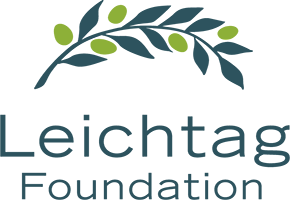



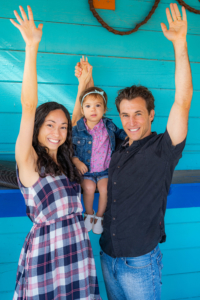
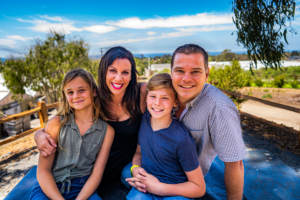
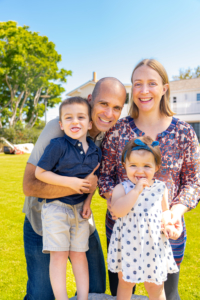 Stacie and Jeff Cook understand commitment. They live it.
Stacie and Jeff Cook understand commitment. They live it.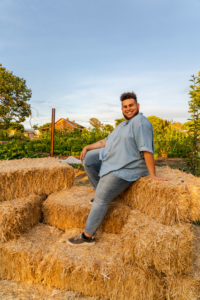 Black, Jewish and Queer. These three identities weave the fabric of who I am, but it took a long time to believe that they could exist together.
Black, Jewish and Queer. These three identities weave the fabric of who I am, but it took a long time to believe that they could exist together.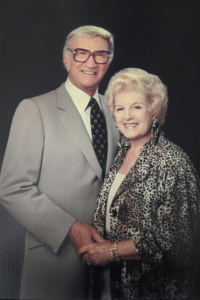 Lee and Toni Leichtag established the Leichtag Foundation in 1991 following the sale of their business. Lee and Toni were lifelong entrepreneurs with a passion for innovation and for supporting talent. They believed that only with big risk comes big reward. Both born to families in poverty, Toni to a single mother, they strongly believed in helping those most in need and most vulnerable in our community. While they supported many causes, their strongest support was for young children and the elderly, two demographics who particularly lack voice in our society.
Lee and Toni Leichtag established the Leichtag Foundation in 1991 following the sale of their business. Lee and Toni were lifelong entrepreneurs with a passion for innovation and for supporting talent. They believed that only with big risk comes big reward. Both born to families in poverty, Toni to a single mother, they strongly believed in helping those most in need and most vulnerable in our community. While they supported many causes, their strongest support was for young children and the elderly, two demographics who particularly lack voice in our society.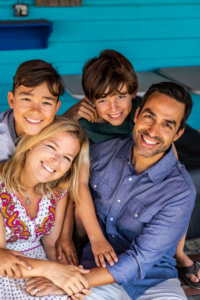 Lifelong Baltimoreans, Rabbi George and Alison Wielechowski and their sons, 11-year-old Lennon and 9-year-old Gideon, are more than pursuing the good life in Southern California. Having moved to San Diego more than three years ago, they are fulfilling a lifelong dream.
Lifelong Baltimoreans, Rabbi George and Alison Wielechowski and their sons, 11-year-old Lennon and 9-year-old Gideon, are more than pursuing the good life in Southern California. Having moved to San Diego more than three years ago, they are fulfilling a lifelong dream.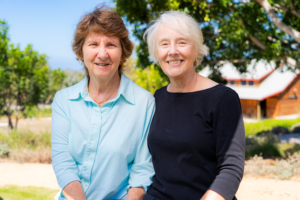
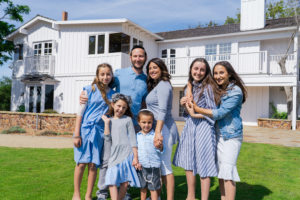
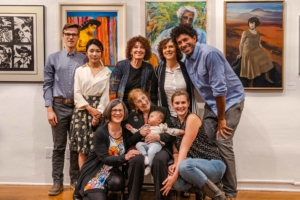
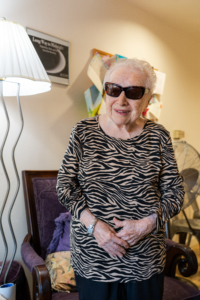
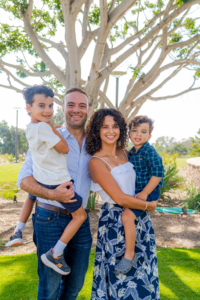
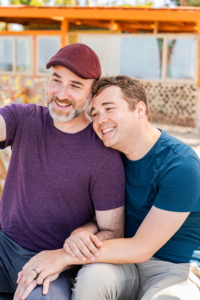
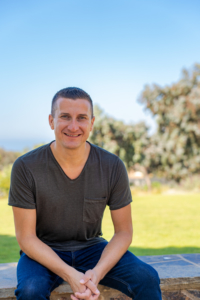 You would think that as the executive director of San Diego LGBT Pride, Fernando Zweifach López Jr., who uses the pronoun they, has done all the coming out they possibly can. A queer, non-binary individual who has worked for many years on civil rights issues, López also speaks openly and often about their father’s family, Mexican-American migrant workers who tilled the fields of rural California.
You would think that as the executive director of San Diego LGBT Pride, Fernando Zweifach López Jr., who uses the pronoun they, has done all the coming out they possibly can. A queer, non-binary individual who has worked for many years on civil rights issues, López also speaks openly and often about their father’s family, Mexican-American migrant workers who tilled the fields of rural California.